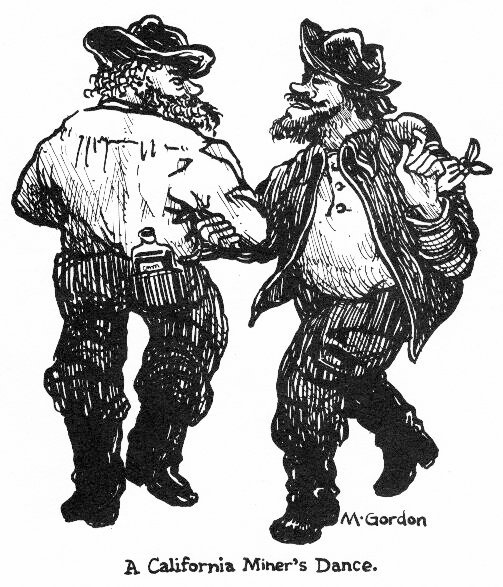Theater and Suffering
#1Theater and Suffering
Posted: 9/25/12 at 2:34pm

The last three plays I've seen are all about suffering in some way -- Job, Detroit, and If There Is I Haven’t Found It Yet with Jake Gyllenhaal. Coincidentally or not, both Al Pacino and Patrick Page weighed in this week on how the theater has helped them with sorrow.
It seems an appropriate day to explore the question: What is the purpose of such plays? Is it to bring attention to other people’s suffering, to raise our consciousness?
Or can plays about sorrow help theatergoers better handle our own suffering?
Has a play ever helped you better deal with you own suffering?
On Theater and Suffering
After Eight
Broadway Legend Joined: 6/5/09
#2Theater and Suffering
Posted: 9/25/12 at 11:20pm
"It seems an appropriate day to explore the question: What is the purpose of such plays?"
To make people miserable.
"Is it to bring attention to other people’s suffering, to raise our consciousness? "
What I can say with certainty is they have increased my suffering immeasurably.
#2Theater and Suffering
Posted: 9/25/12 at 11:26pmI think there are different degrees--a show can seem to wallow in it, or not. I know many critics of Tennessee Williams see many of his plays that I love the most as just, to repeat a word, wallowing in human suffering. But I see more there. Hrmmm
#4Theater and Suffering
Posted: 9/26/12 at 7:26pmOr you could just have asked, "What the fark was Shakespeare's problem?"
#6Theater and Suffering
Posted: 9/26/12 at 8:15pm
You don't believe in catharsis, Joey? Not even as in "have a good cry and feel better"?
I'd like to add that henrikegerman's link above is excellent in some respects, but does not reflect scholarship of the last 50 years on the meaning of Aristotelian catharsis. In fairness to the link, it does acknowledge that the word had numerous related meanings in Greek.
Scholars such as Leon Goldman have argued quite convincingly that Aristotle most likely meant catharsis in its intellectual sense; i.e. the viewer learns from the resolution of the action in the denouement. If Goldman is right (and, personally, I think he is), then catharsis to Aristotle is more a "clarification" than a purgation or purification.
The Wiki article on these differing interpretations is concise and not at all bad:
http://en.wikipedia.org/wiki/Catharsis
In short, then, per Aristotle, we watch suffering in the theater because we learn something and learning is pleasurable. (We should keep in mind he was refuting his teacher, Plato, who had taught that the theater was chicanery and a waste of time. Plato would be posting here were he alive today.)
And I should add this: that Aristotle meant one thing doesn't mean other forms of catharsis don't occur in the theater as well.
Updated On: 9/26/12 at 08:15 PM
.png)




